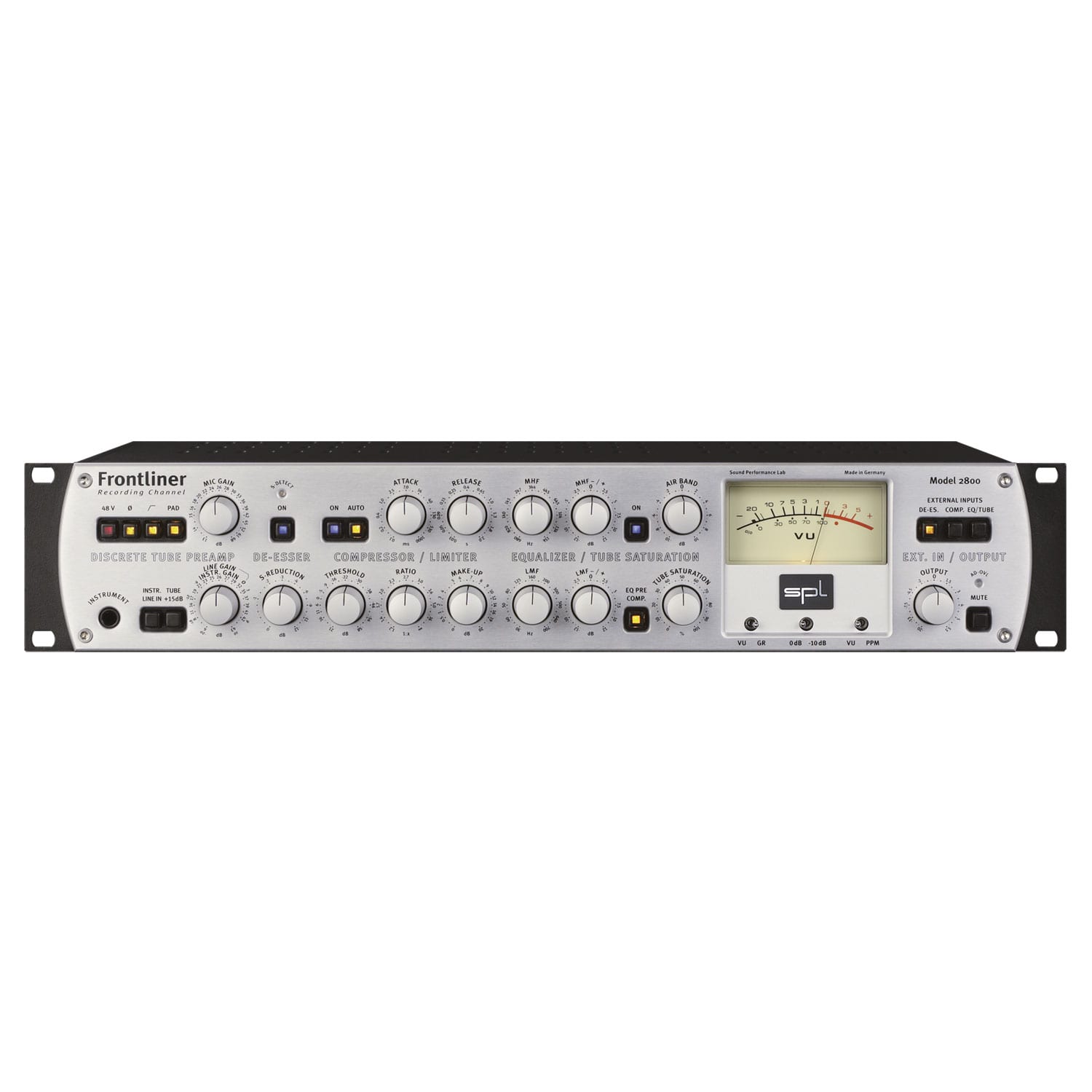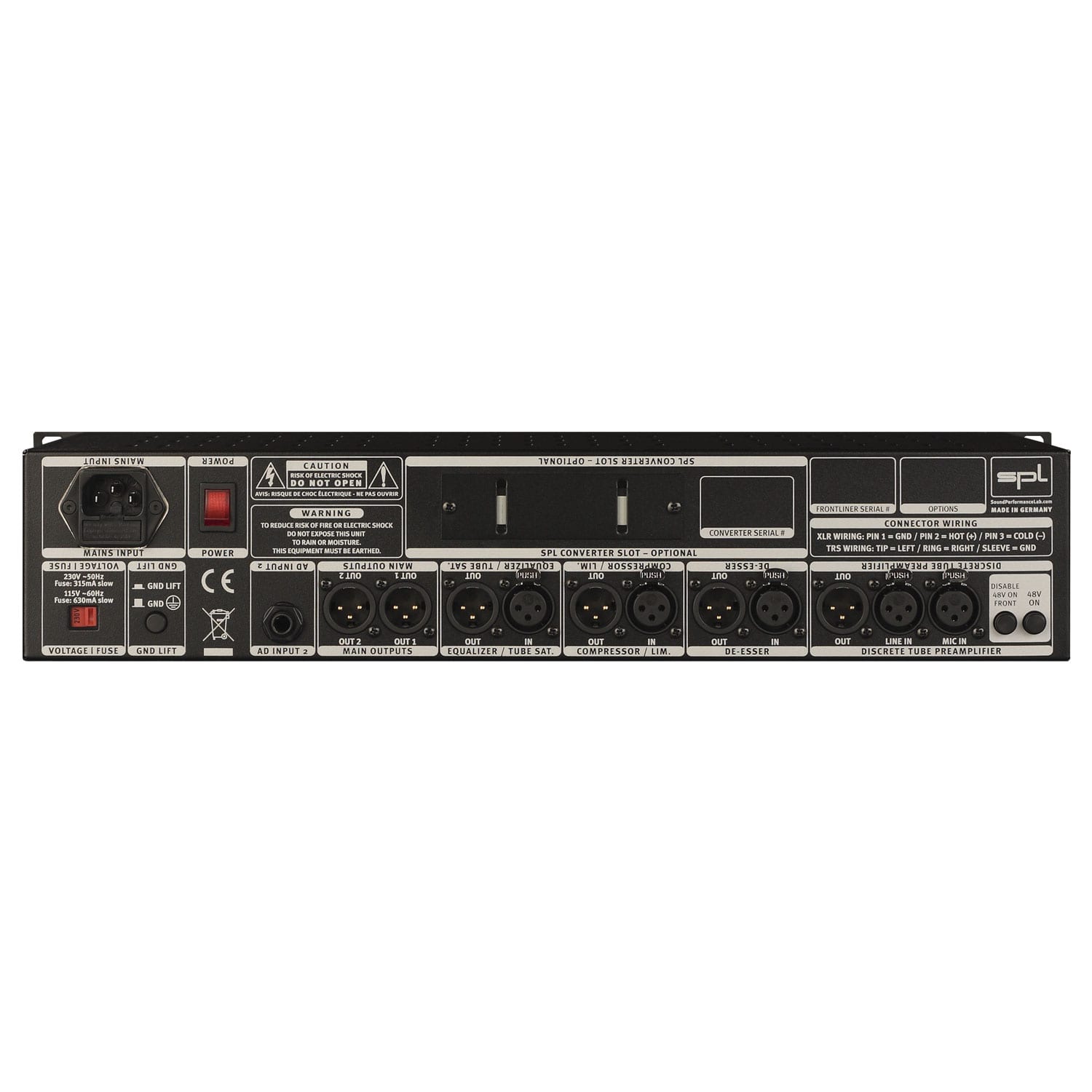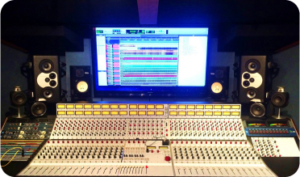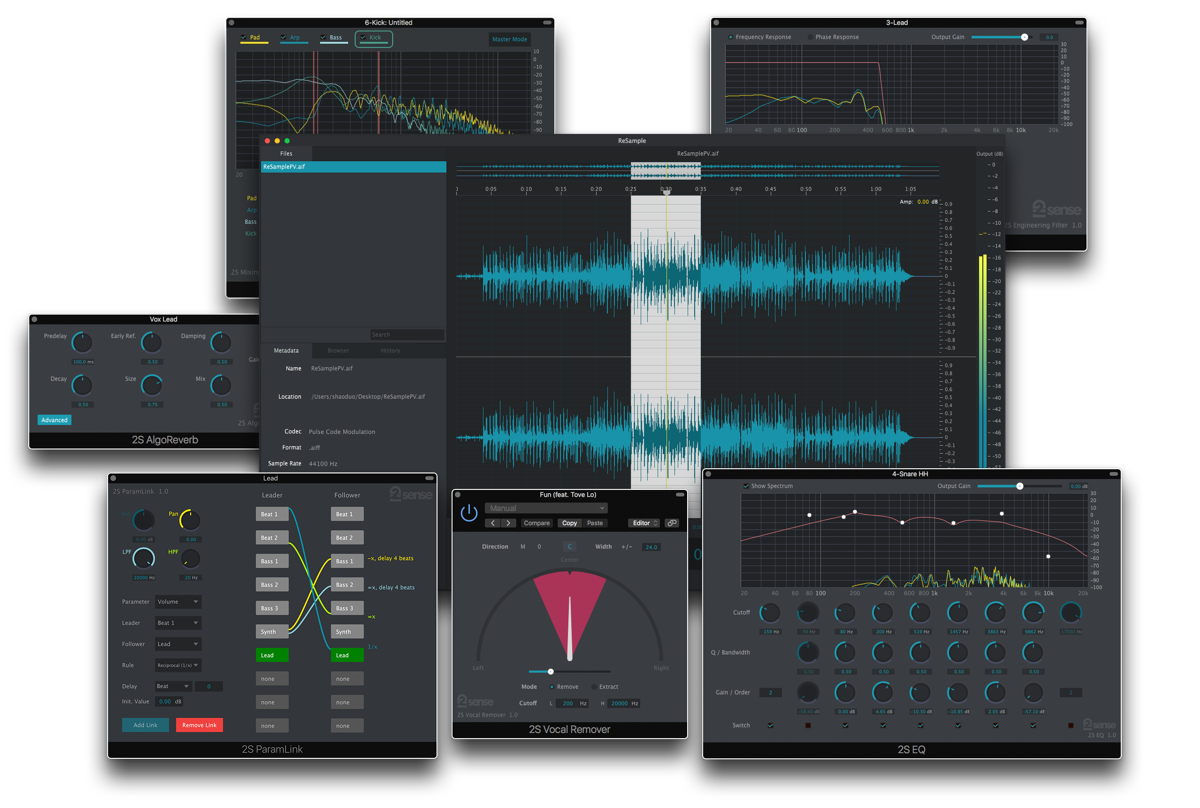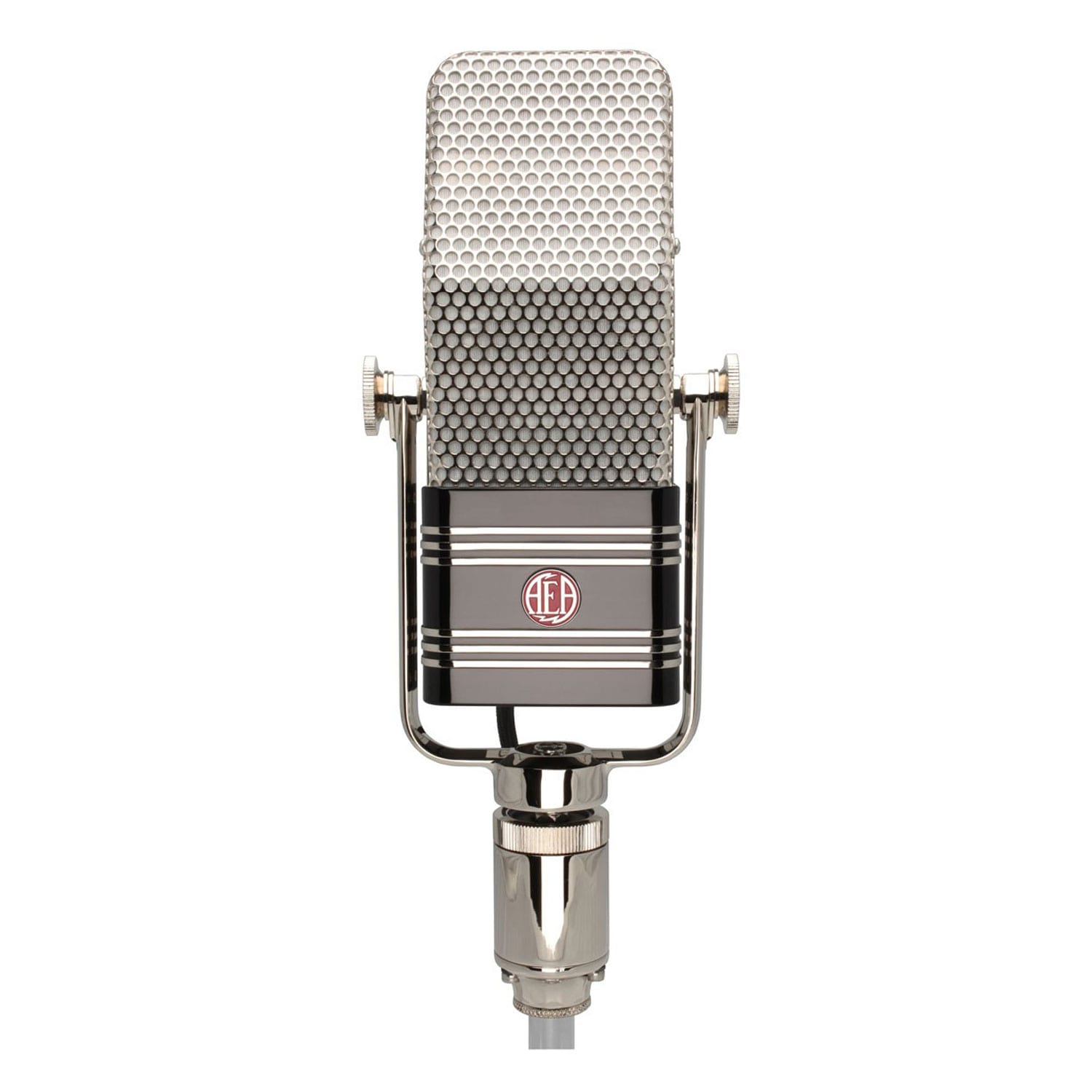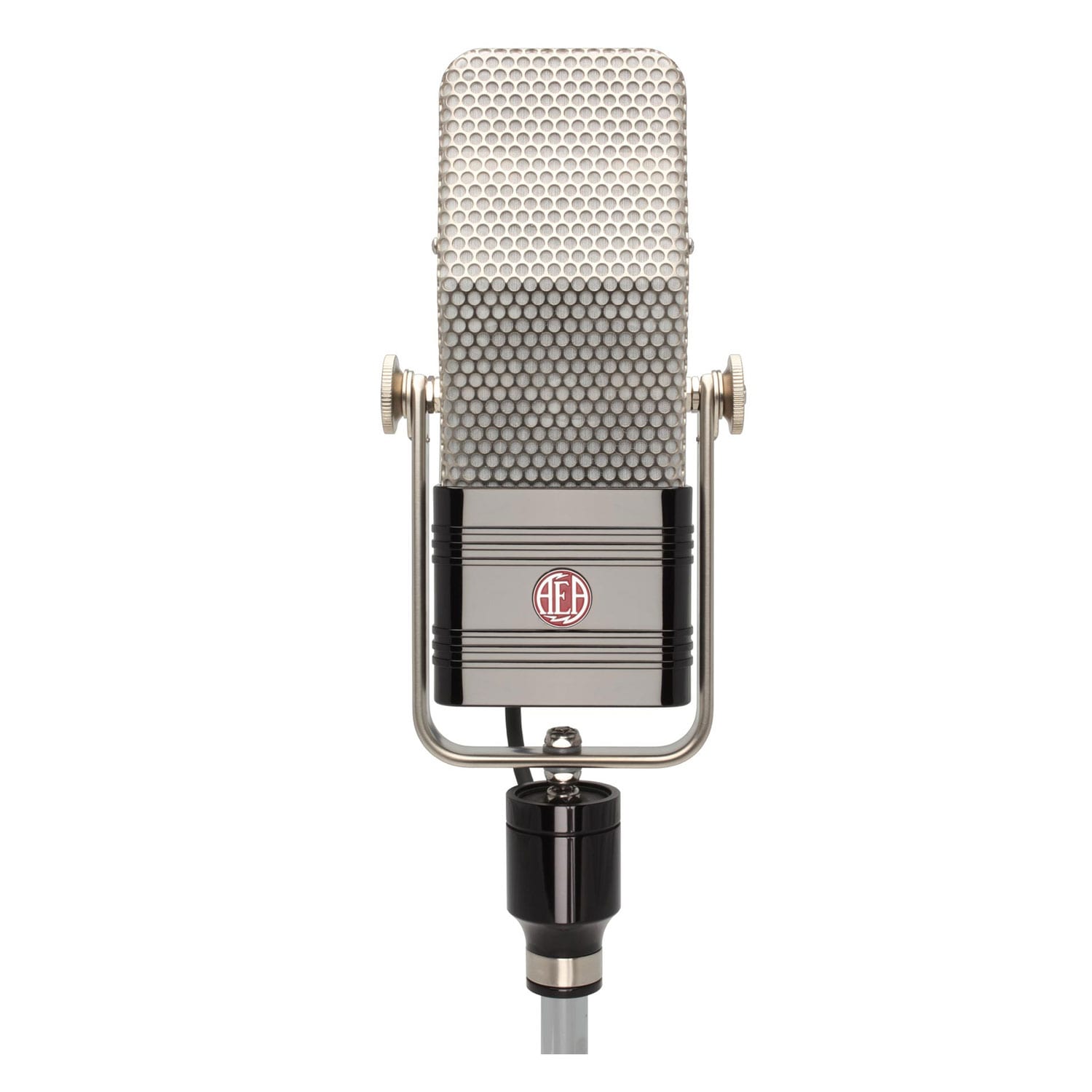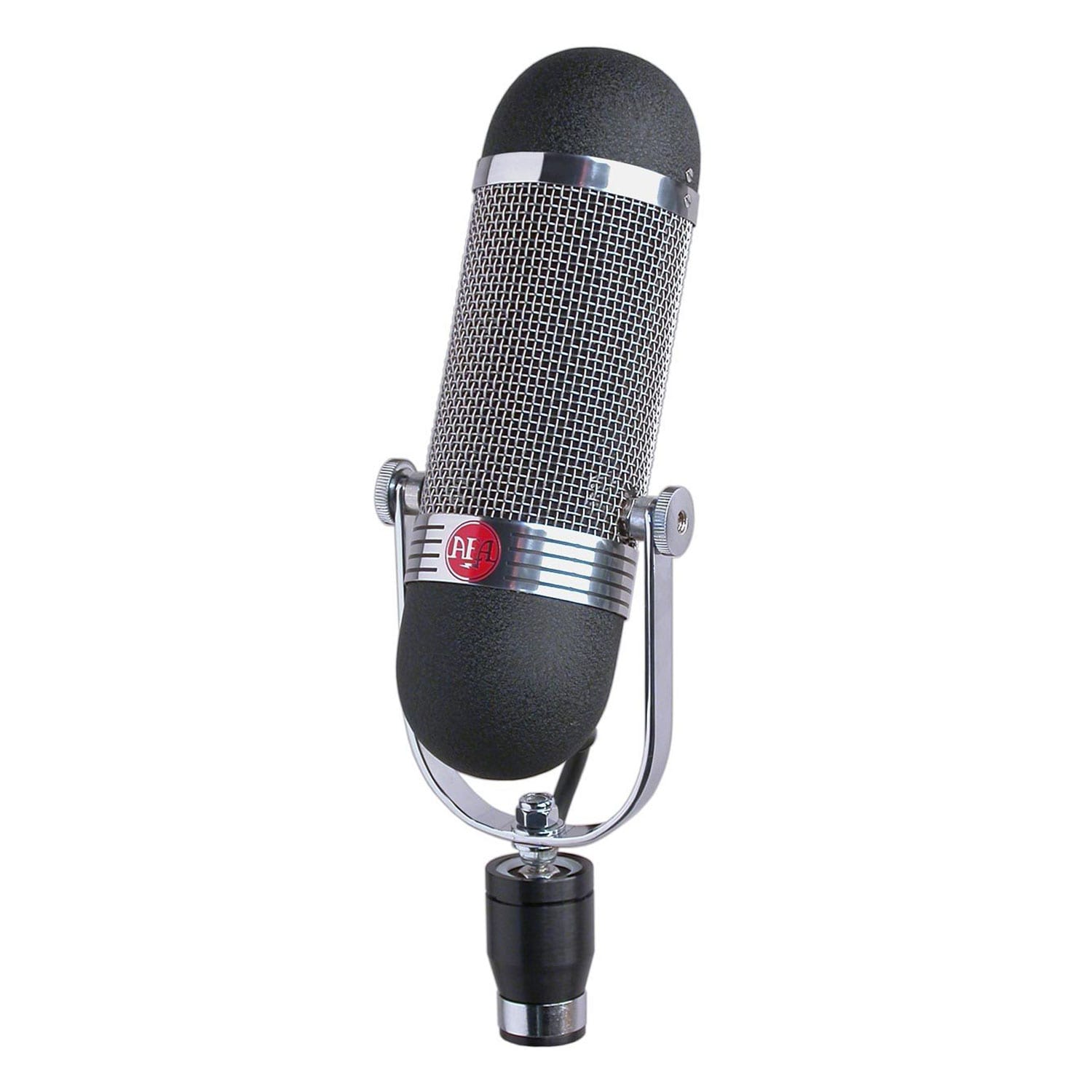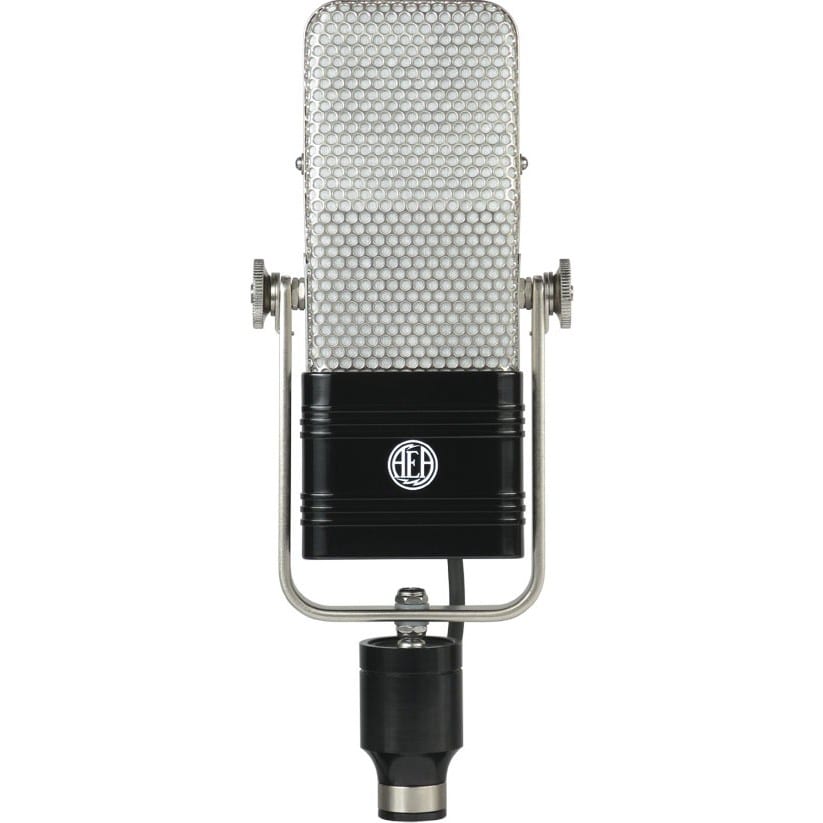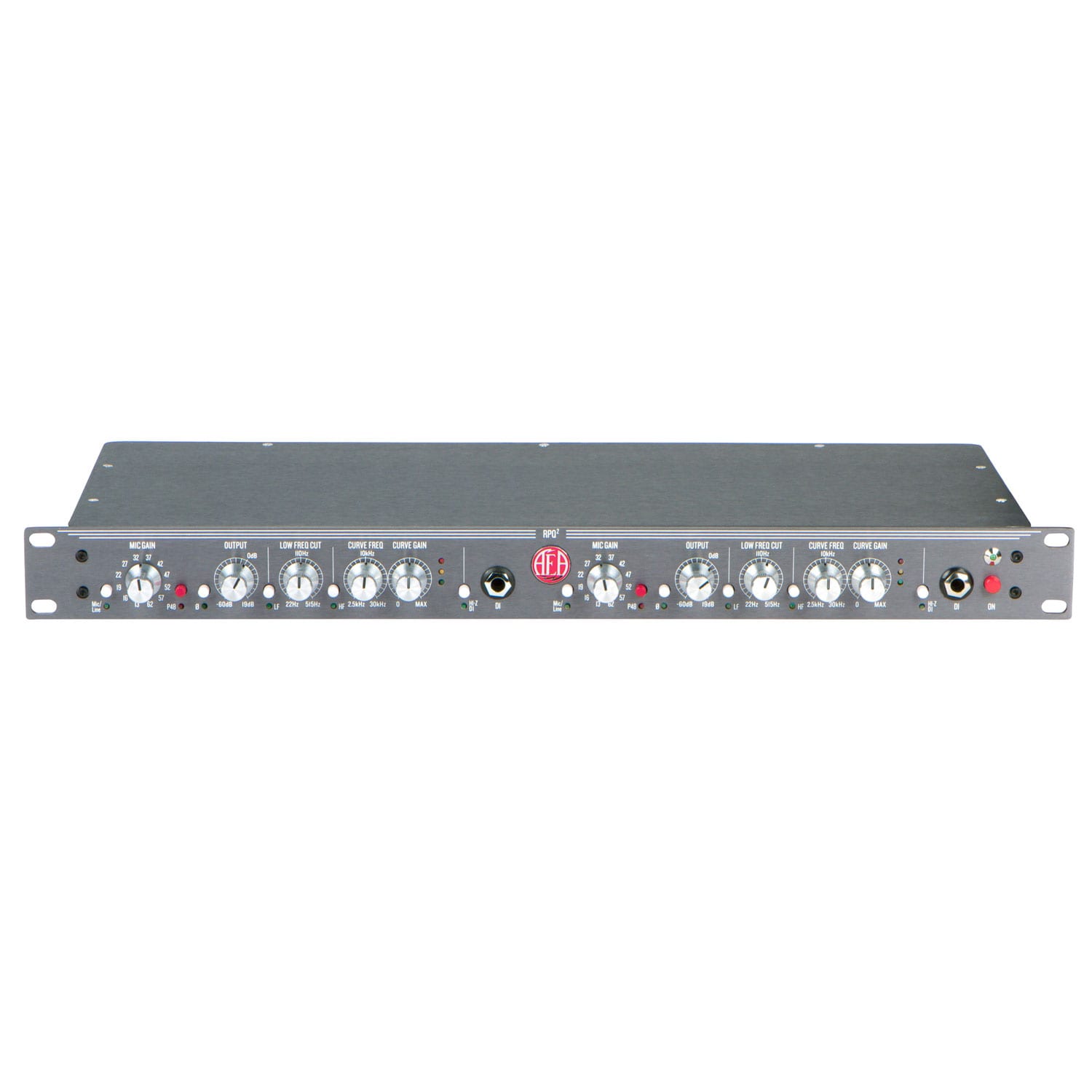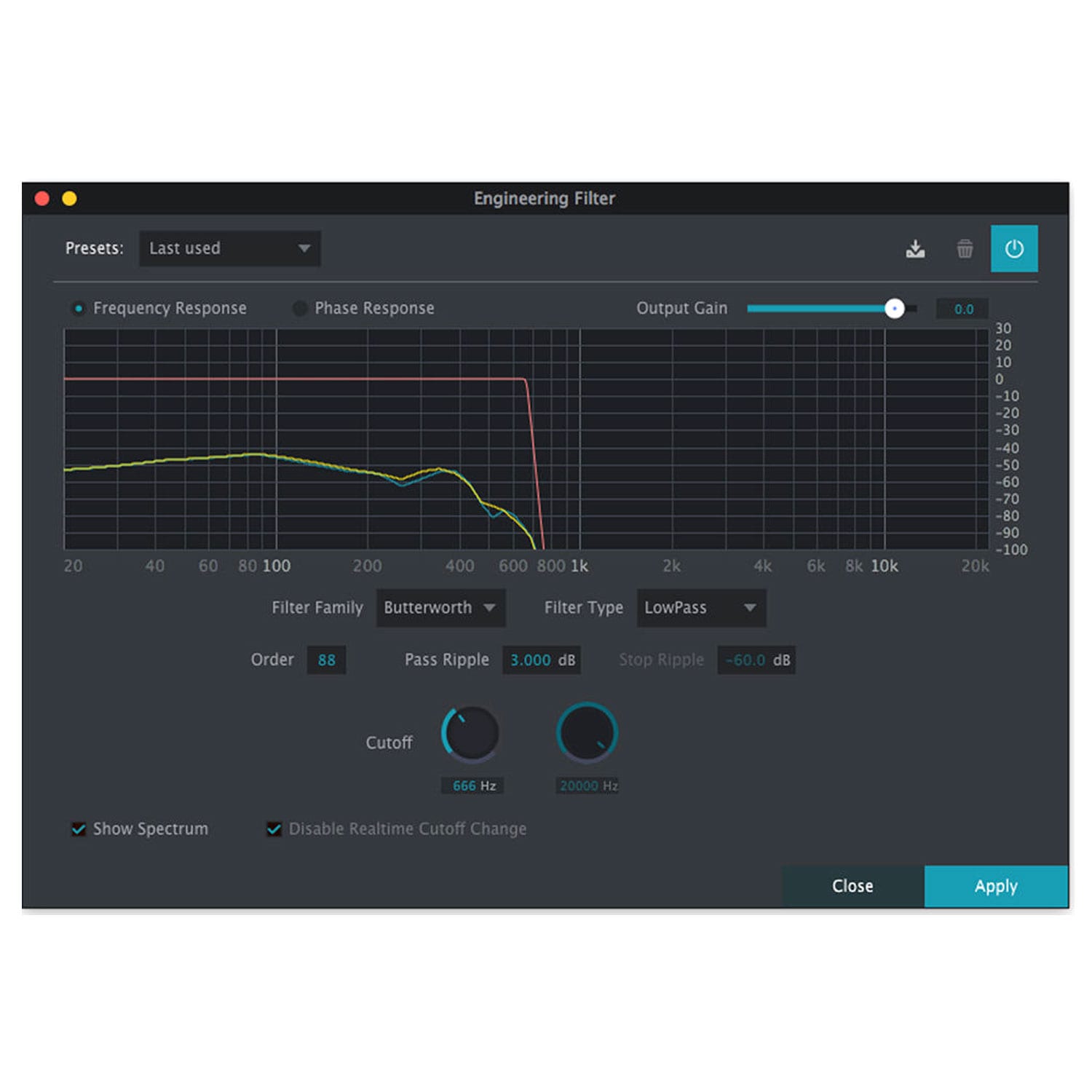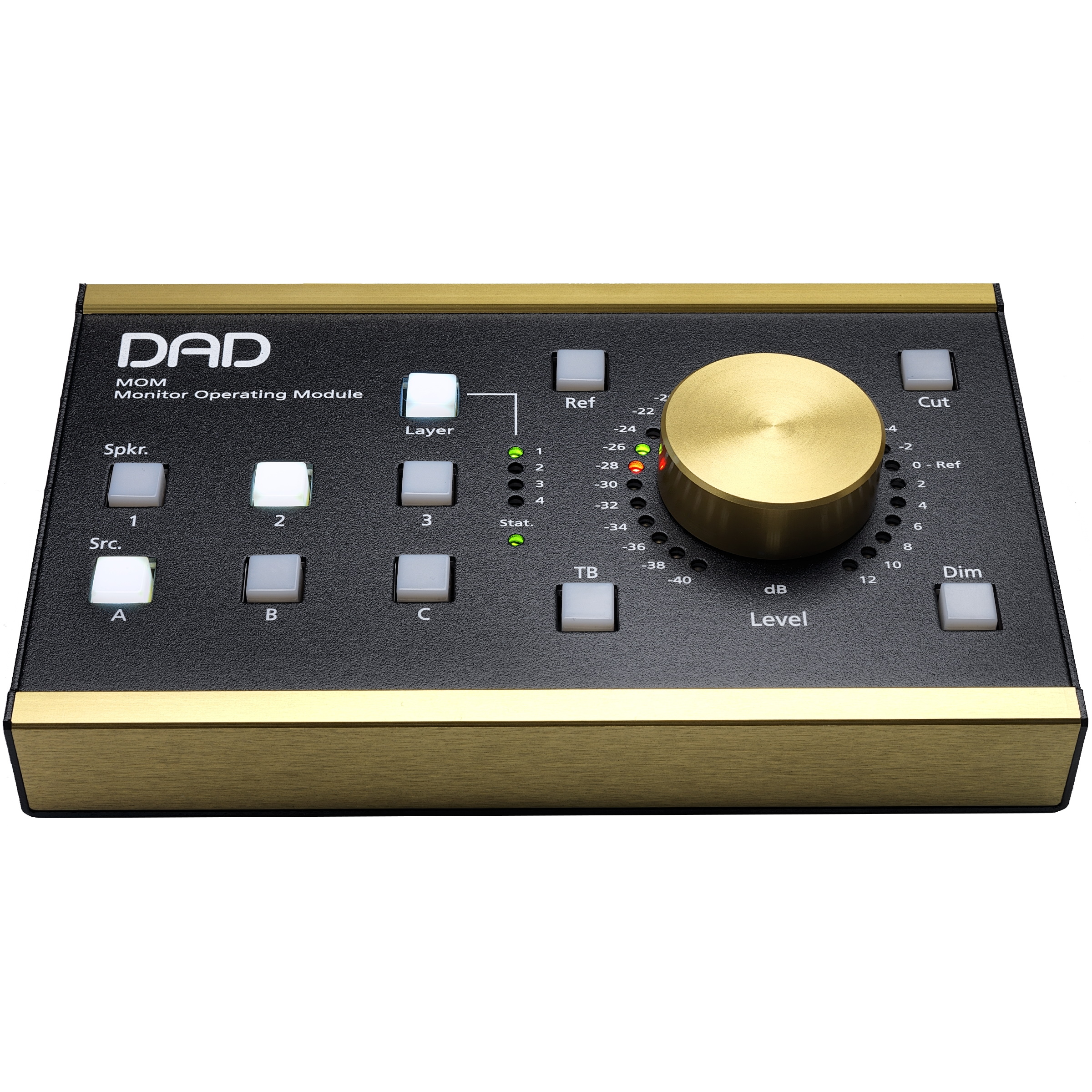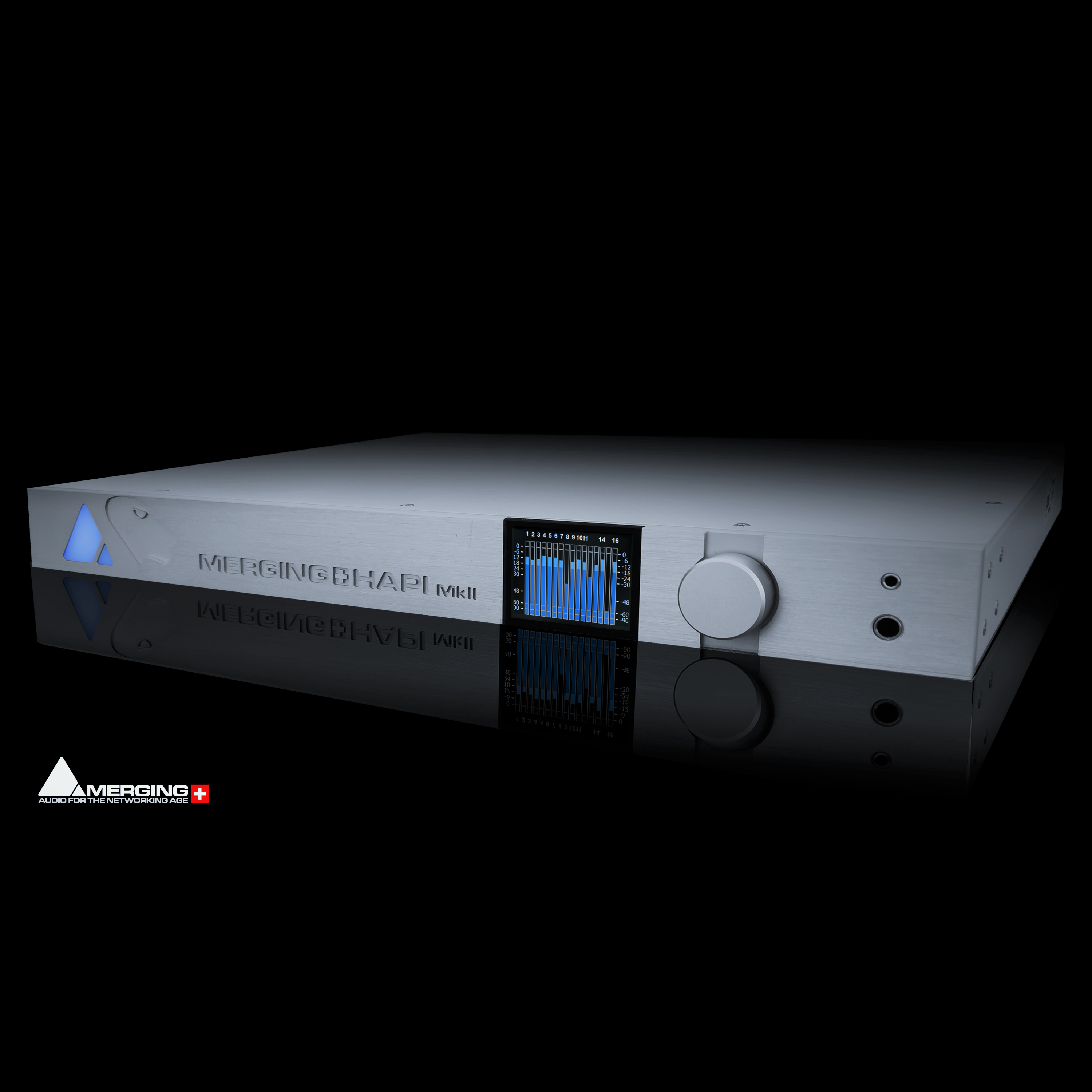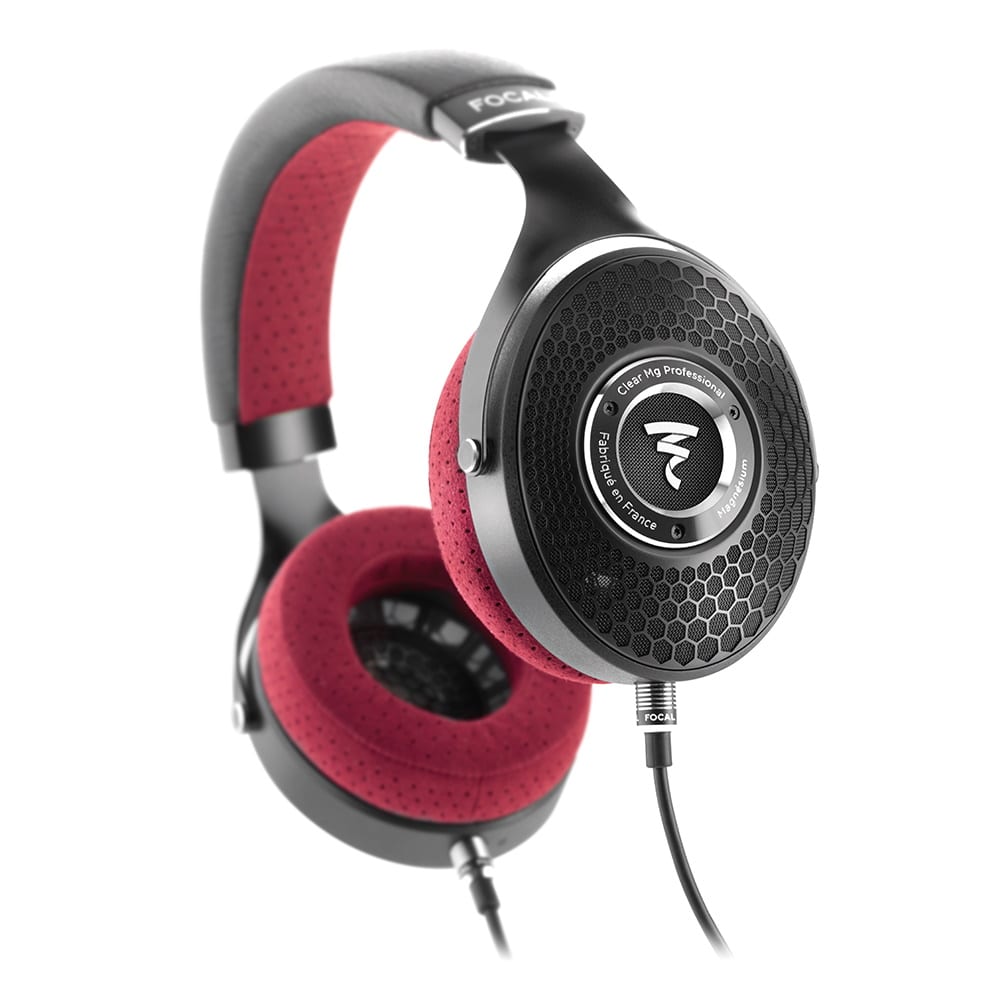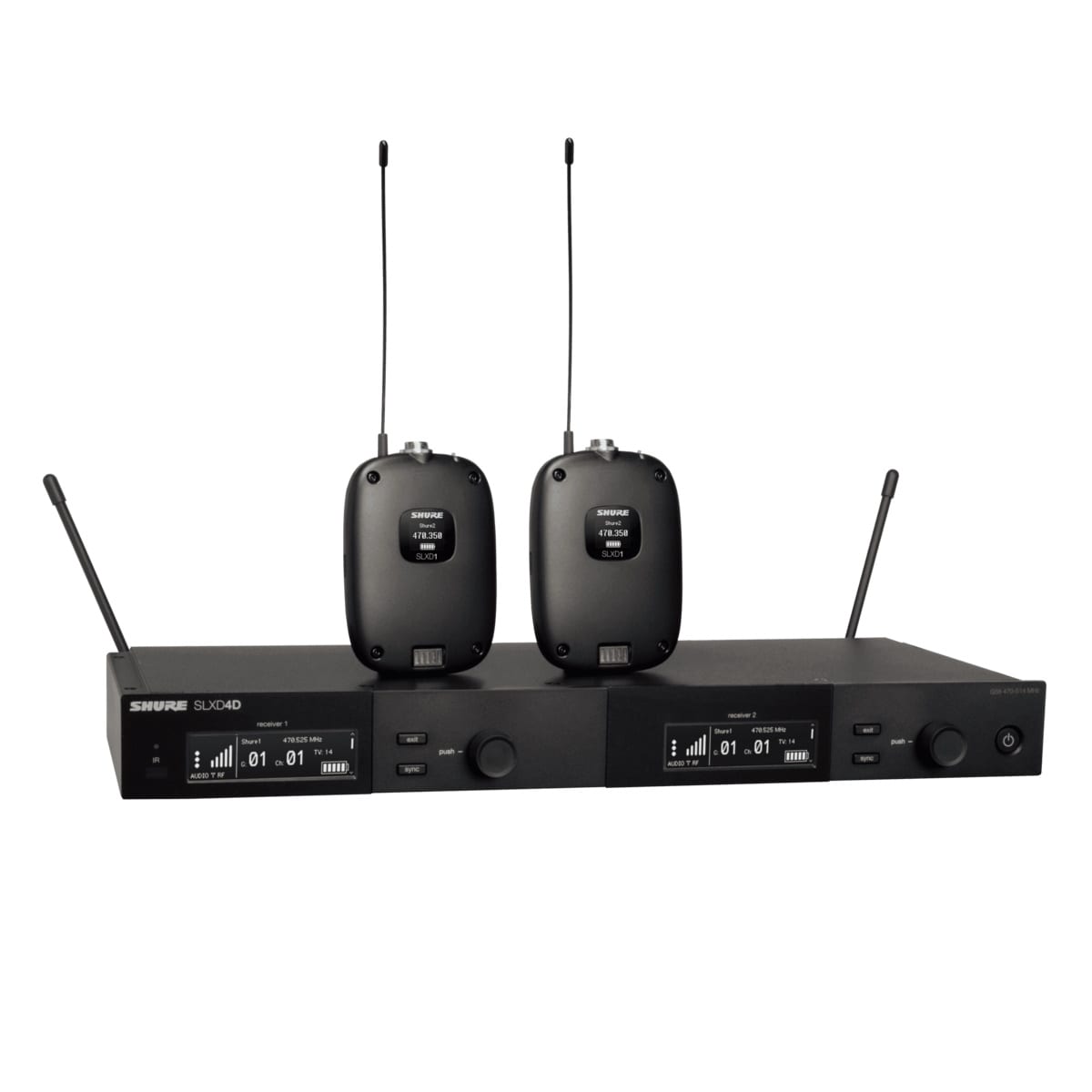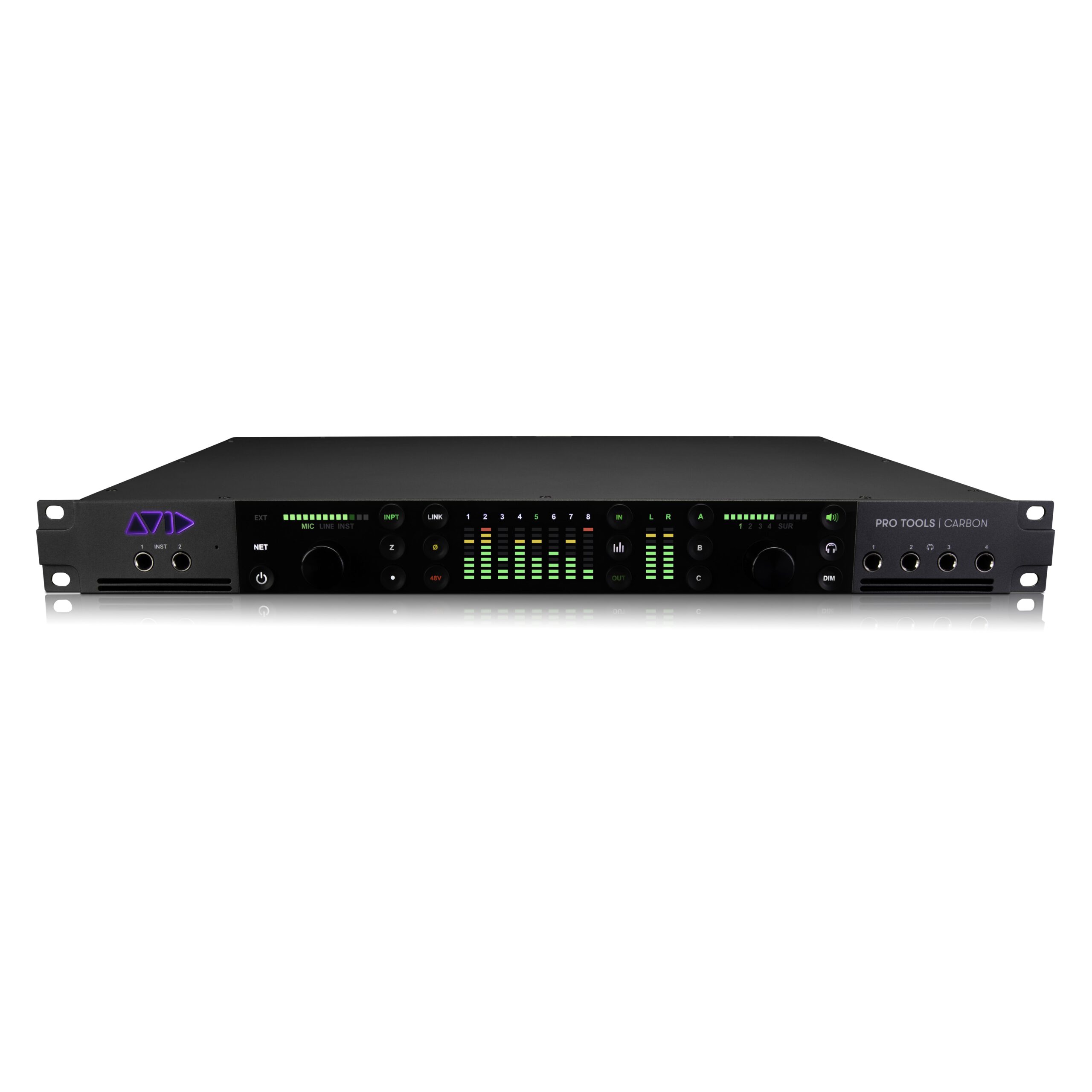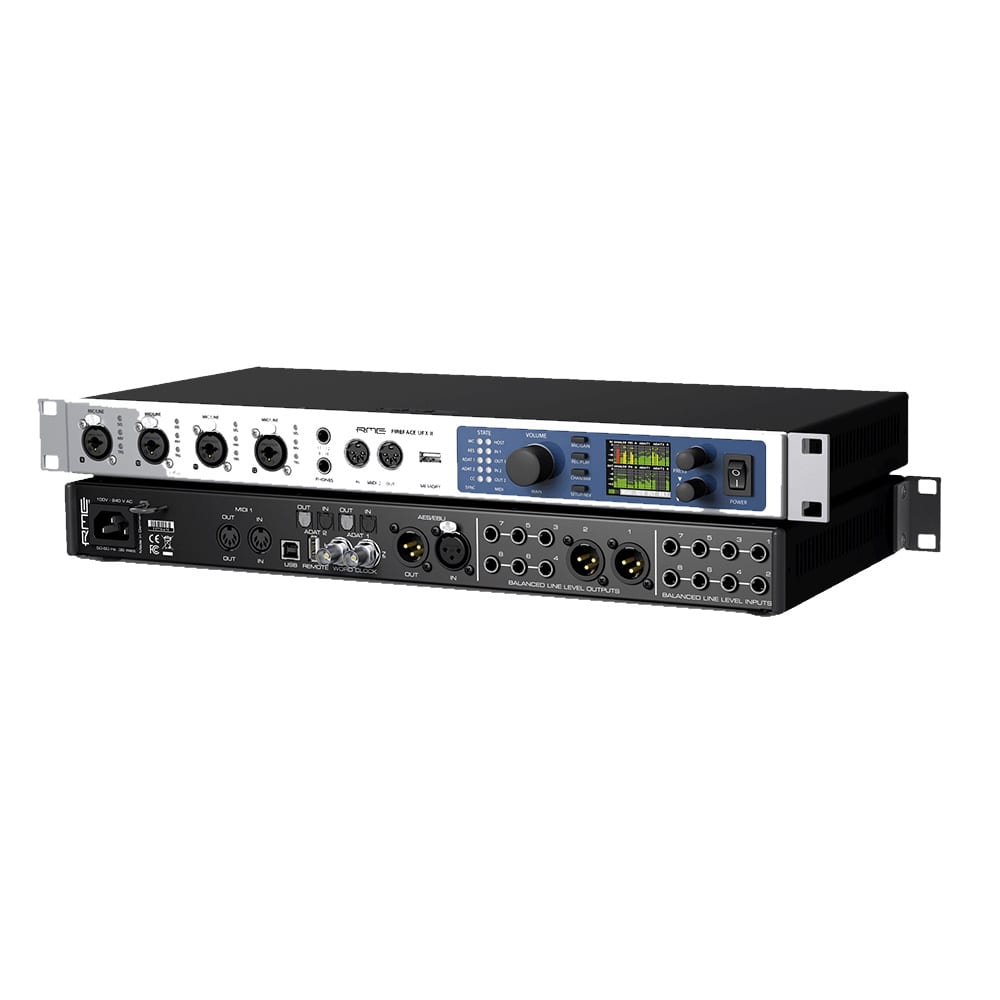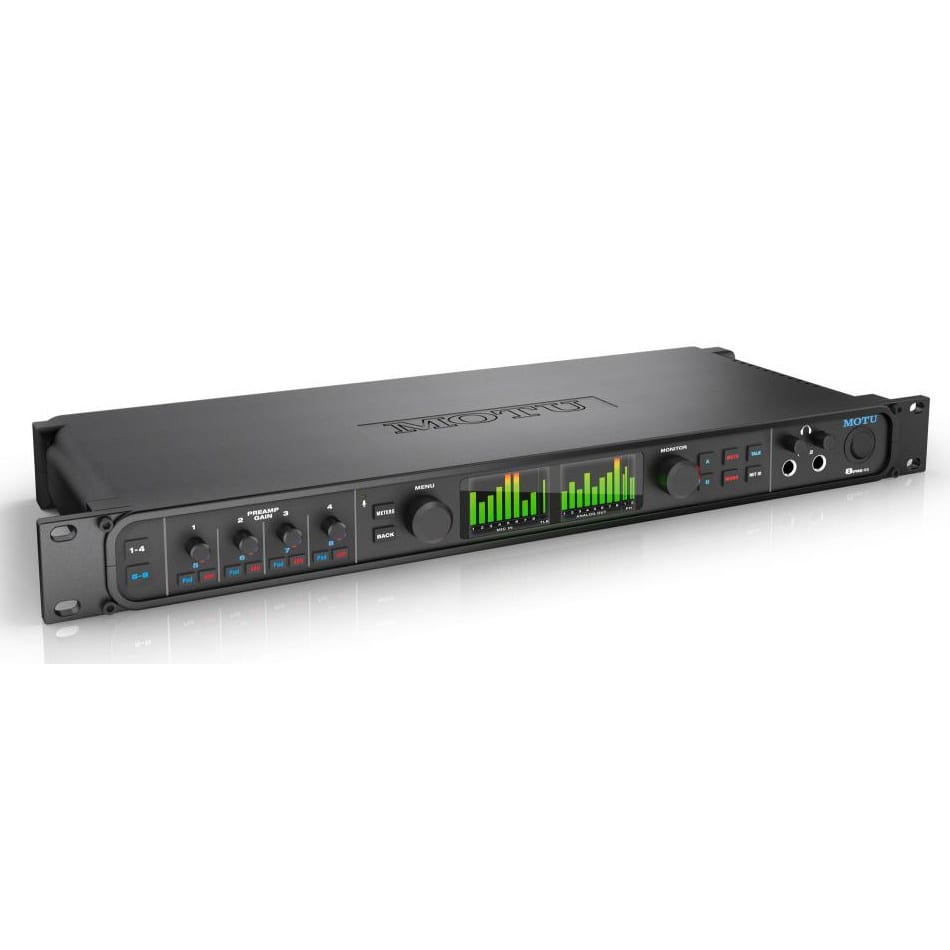Description
SPL Frontliner
The Frontliner has everything to record voices and instruments in perfect quality: Positioned even above the already legendary Channel One, the Frontliner combines preamp, de-esser, EQ and compressor, and tube saturation, which can be used individually or in combination.
Discrete Tube Preamp
The Frontliner is a hybrid preamplifier consisting of a discrete semiconductor stage and a tube stage. The hybrid construction of the preamplifier combines the advantages of semiconductors (high dynamics with low distortion, low noise) with the musical qualities of tube sound (pleasant high/overtone spectrum, beautiful three-dimensionality).
- The microphone preamplifier is completely discretely constructed from single transistors. It features 48 V phantom power, polarity inversion, padding and an LF cut filter.
- The line input has a precision balancing stage for connecting additional studio equipment.
- The also discrete and low-noise instrument input is easily accessible on the front panel.
De-Esser
The De-Esser removes annoying S sounds without affecting the natural sound. In contrast to conventional compressor techniques, the S-frequencies are detected and phase-canceled in a very narrow band, whereby the S-sounds are deleted very unobtrusively.
The De-Esser works in the Auto-Threshold mode. This ensures constant processing even if the distance to the microphone fluctuates.
Operation is reduced to just one knob that sets the desired S-reduction.
Compressor / Limiter
The special feature of the compressor is our Double-VCA-Drive circuitry that achieves outstanding noise and distortion characteristics. By splitting the compressor activity on two VCA’s compression itself has a lesser tendency to have side effects like pumping.
The attack and release controls can be automated depending on the signal. The control activity is thus permanently and precisely adjusted to musical requirements. However, it is still possible to manually influence the characteristics of the automatic control, so that the boundaries between purely manual and automated control merge seamlessly.
Equalizer & Tube Saturation
The EQ section provides two semi-parametric filters for the low and mid bands as well as an Air-Band filter delivering a silky and smooth top end. The EQ is specially optimized to process vocals, and acoustic and electronic instruments allowing for both corrective adjustments and sound design.
The sound effects from saturating a tube can be used to fatten an audio signal or make it better cut through the mix. The sound results resemble tape saturation effects and increase the density and perceived energy in a very pleasant way.
VU
The large VU meter displays the output level as VU value (energy) and peak value (peak level).
To visualize levels above +5 dB, the sensitivity can be reduced by -10 dB.
The VU meter can be switched to display the gain reduction of the compressor.
External Inputs
Each Frontliner module has its own balanced inputs and outputs. Thanks to sophisticated circuit logic, you can integrate all elements of the Frontliner like single devices into a studio environment. However, you can also group them as you wish or define insertion points at each interface.
If you think of the respective Frontliner modules as analog plugins, the added value becomes clear, which makes the Frontliner a versatile analog processing station in addition to the classic recording channel: DAW-based studios in particular are enriched with a first-class recording front-end and can also access high-end analog processors for the essential signal processing during mixing.
Lundahl Transformers
The Sonic Aspects
Transformers are used as an alternative to electronic balancing stages in the inputs and outputs.
Transformers can be found in many classics of audio engineering. They make the bass and fundamental tines rounder and give it a little more punch. The high and overtone range sounds a bit silkier and more present.
We find transformers to be advantageous, especially for voices. For the highest precision and speed in signal transmission (transient processing), however, electronic stages are better suited. The bottom line is that it is a question of taste and application.
In the Mic Preamplifier
In the case of preamplifiers or channel strips, the 2161 input transformer, which is specially designed for microphone inputs, provides an additional gain of up to 14 dB (depending on the microphone), which must then be added to the scaling.
This relieves the microphone preamplifier. Since the transformer ratio passively increases the level, no noise is added. Therefore, the input transformer is more important than the output transformer in preamplifiers.
However, it is only when both transformers are fitted that all positive sonic aspects are achieved – as well as increased operational reliability.
AD Converter Module 1090
The 24-bit converter module provides a SPDIF output which is available as coaxial and optical output.
The internal sampling rate can be set with switches to 44.1, 48, 88.2, and 96 kHz. Other sampling rates (32, 176.4, 192 kHz) can only be set with an external synchronization signal.
Specifications
Line/Insert Input & Output; XLR (balanced)
Microphone input; XLR (balanced)
Instrument input; TS Jack (unbalanced)
Internal Linear Power Supply with Toroidal Transformer
Mains Power Supply
Dimensions & Weight
Reference: 0 dBu = 0,775V. All specifications are subject to change without notice.
